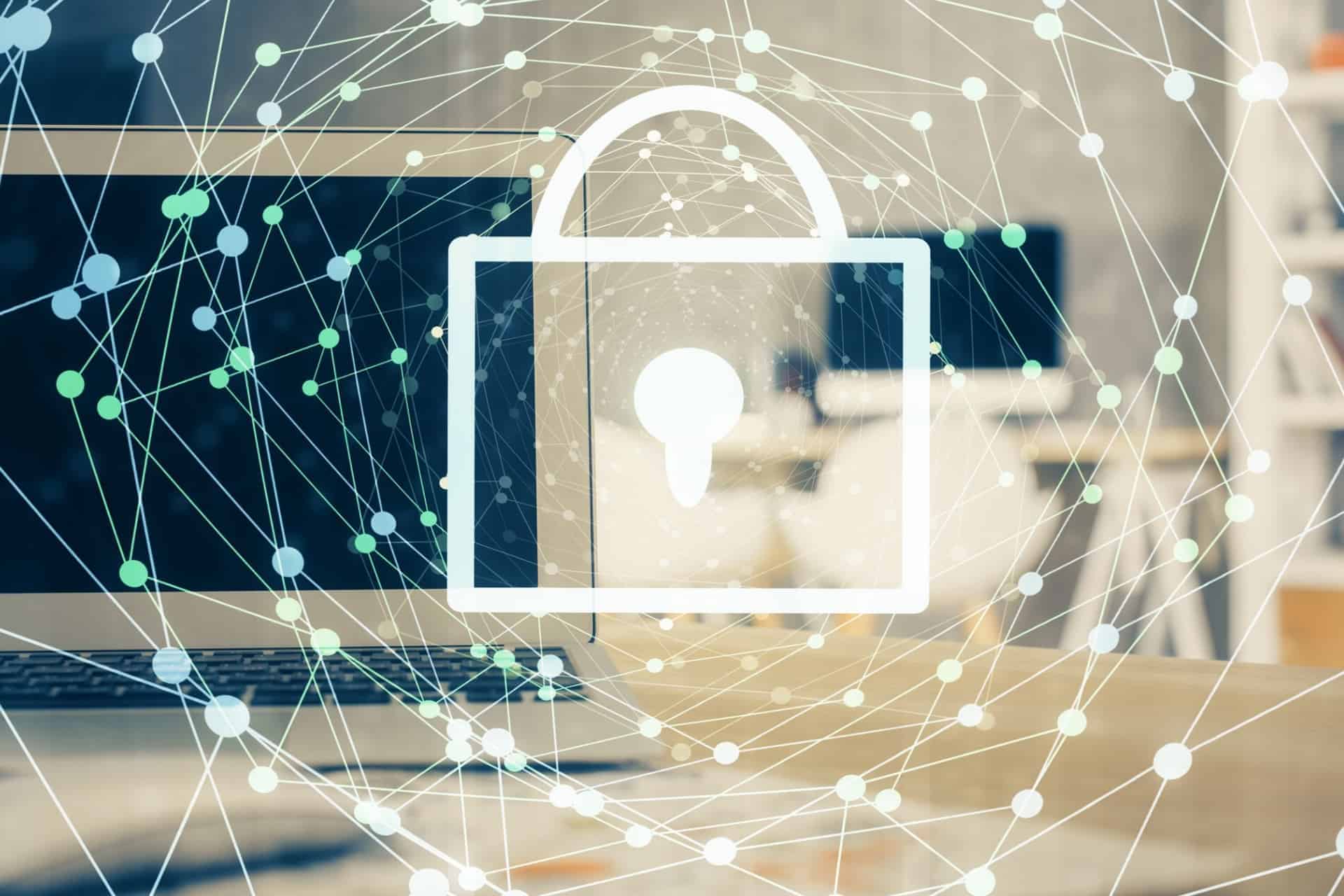What Is ISO 50001 for Energy Management?
We all leave an ecological footprint behind, yet as we become more aware of energy and resource consumption, that footprint can decrease. Reducing our environmental footprint is good for the environment, clearly, but it’s also a benefit for companies.
ISO 50001 is a voluntary standard that controls energy management systems. It can help businesses to become more respectful of the environment and save money at the same time. This standard was designed to guide organizations in decreasing their environmental impact, conserving resources, and reducing expenses through efficient energy management.
ISO 50001:2018 is the latest version of this international standard for energy management. It contains a robust framework for optimizing energy efficiency for organizations working in both the public and private sectors.
Transition Deadline Extension
The IAF has announced that the ISO 50001:2018 transition deadline has been extended by six months due to the COVID-19 global pandemic. It’s important to note that the new deadline for transitioning a system to the 2018 version is now January 31, 2022.
What Are the Advantages of ISO 50001 Certification?
ISO 50001 is a wide-reaching solution that can be introduced to virtually any organization. It can be applied to businesses large and small and is flexible enough to fit companies operating in any industry. Unlike other similar environmental standards, it is internationally recognized.
By adopting ISO 50001, an organization works towards important and valuable goals. These include increasing energy efficiency and optimizing resources throughout their facilities. It is designed to help the organization limit its environmental impact, such as CO2 emissions, consumption of raw materials and natural resources, and factors contributing to climate change.
The number of certified companies is rapidly increasing because companies have a greater awareness and appreciation for the benefits associated with it. ISO 50001 certification testifies to an organization’s commitment to ongoing improvement in energy management. This helps organizations to stand out in their industry and build a strong reputation for environmental responsibility.
An effective energy management system helps organizations to achieve ecological goals, but it also helps them save money on raw materials and energy. The economic advantages of reducing costs often translate to higher profit margins and a strategic advantage for organizations operating in competitive markets. Because procurement specifications frequently require certification as a condition to supply, certification can also help secure more business.
How Is the ISO 50001 Energy Management System Implemented?
Organizations should follow the following steps to implement the ISO 50001 standards and achieve certification.
- Inform employees and management about the key requirements and goals.
- Provide education and training for relevant staff.
- Perform a gap analysis to identify areas that need improvement.
- Develop a project plan.
- Designate project managers and team members.
- Design and document the EnMS.
- Implement the ISO 50001 EnMS.
- Carry out an internal audit.
- Have an ISO 50001 audit performed.
How Does the ISO 50001 Energy Management System Promote Continual Improvement?
The founding concept of ISO 50001 is that continual improvement is possible. Ongoing improvement is promoted through the same process model from ISO 9001 and ISO 14001, called the PDCA approach.
PDCA Model
- P – Plan: Calculate and review energy consumption. Set the goals for the results of the system and processes.
- D – Do: Define and implement action plans for the targeted activities.
- C – Check: Track and measure processes and energy efficiency in relation to policies, goals, and requirements and report results.
- A – Act: take actions to improve process performance.
This cyclical approach encourages organizations to work towards continual improvement. According to ISO 50001, for an energy management system, this means that energy standards need to be constantly raised and the related energy efficiency needs to be monitored. Only this way can the energy processes be continually improved.
Tracking improvement requires quick and detailed data collection, processing, and archiving. Data analysis and reporting through graphs makes it easier to understand and interpret results.
Watch this brief video to understand better how the PDCA approach can lead your organization to enact changes for better energy management.
What Type of Organizations Are Adopting ISO 50001?
ISO 50001 adoption and certification are recommended for organizations that aim to better manage energy use and decrease energy expenses. It can be particularly advantageous for companies that tend to consume a significant amount of energy. For organizations that have already achieved ISO 14001 certification, ISO 50001 is an archivable goal.
How Will ISO 50001 Change in the Future?
Since the last version – ISO 50001:2011 – several changes have been introduced. ISO 50001:2018 was published in 2018 and the transition deadline has been set for the end of 2022. Most notably, changes include the realignment of the standard with Annex SL high-level structure, the normalization of environmental performance indicators (EnPIs) and the related energy baselines (EnB), as well as new guidelines for energy data collection plans.
Related article: What You Need to Know About NERC CIP Compliance for Energy Suppliers.
Assistance with ISO 50001 Transitioning and Certification
I.S. Partners team members can lead your organization as they work to adopt the latest ISO 50001 standards and achieve certification. Request more information by calling our offices at 215-675-1400 or contacting us online.




